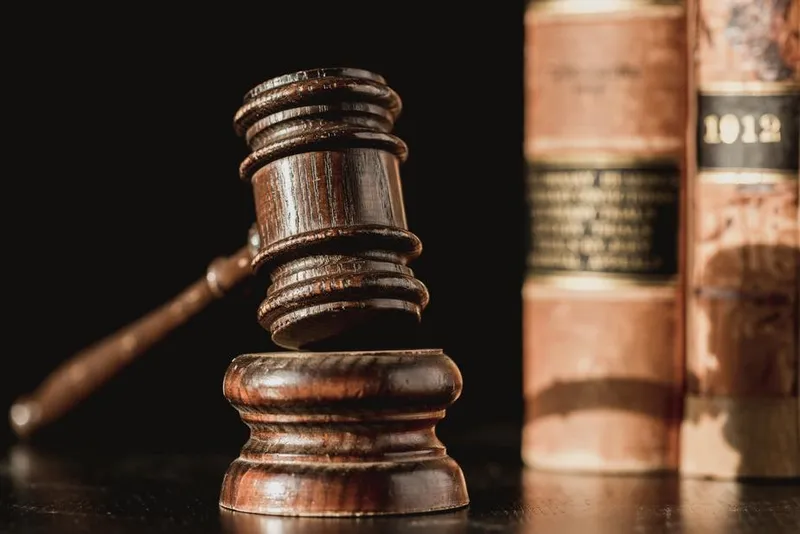WhatsApp files lawsuit in Delhi High Court against new IT rules
The petition seeks to declare the rule requiring the message service provider to identify the first originator of any message flagged as a violation of privacy rights.
has filed a lawsuit in Delhi High Court, challenging the government's new digital rules saying the requirement for the company to provide access to encrypted messages will break privacy protections.
The petition, filed on Tuesday evening, seeks to declare that the rule requiring the message service provider to identify the first originator of any message flagged is a violation of privacy rights provided by the constitution.
A company spokesperson confirmed filing the petition.
"Requiring messages to trace chats is the equivalent of asking us to keep a fingerprint of every single message sent on WhatsApp which would break end-to-end encryption and fundamentally undermines people's right to privacy," the spokesperson said in a statement on Wednesday.

"We have consistently joined civil society and experts around the world in opposing requirements that would violate the privacy of our users."
The petition came just as the new digital rules kicked in. Non-compliance with the rules could take away the legal protection of social media companies such as Facebook, Twitter, YouTube, Instagram, and WhatsApp for user content posted on their platforms.
They previously enjoyed immunity for content posted by any third party user on their platforms. The new rule requires them to take down content flagged by the authorities within 36 hours, and set up a mechanism to respond to complaints.
Social media platforms are also required to use automated processes to take down pornography.
"We will also continue to engage with the Government of India on practical solutions aimed at keeping people safe, including responding to valid legal requests for the information available to us," WhatsApp spokesperson said.
The new rules, announced on February 25, require large social media platforms such as Twitter, Facebook, Instagram, and WhatsApp to follow additional due diligence, including the appointment of a chief compliance officer, nodal contact person, and resident grievance officer.
Non-compliance with rules would result in these social media companies losing the intermediary status that provides them exemptions and certain immunity from liabilities for any third-party information and data hosted by them.
In other words, they could be liable for criminal action, in case of complaints.
'Significant social media intermediaries' — defined as those with over 50 lakh registered users — were given three months time to comply with the additional requirements.
Notably, the rules require significant social media intermediaries - providing services primarily in the nature of messaging - to enable identification of the "first originator" of the information that undermines the sovereignty of India, security of the state, or public order.
This could have major ramifications for players like Twitter and WhatsApp.
Facebook and Google on Tuesday had said they are working towards meeting the compliance requirements for the new guidelines.
India is a large market for these digital platforms. As per data cited by the government, India has 53 crore WhatsApp users, 41 crore Facebook subscribers, 21 crore Instagram subscribers, while 1.75 crore account holders of microblogging platform Twitter.
Edited by Kanishk Singh








